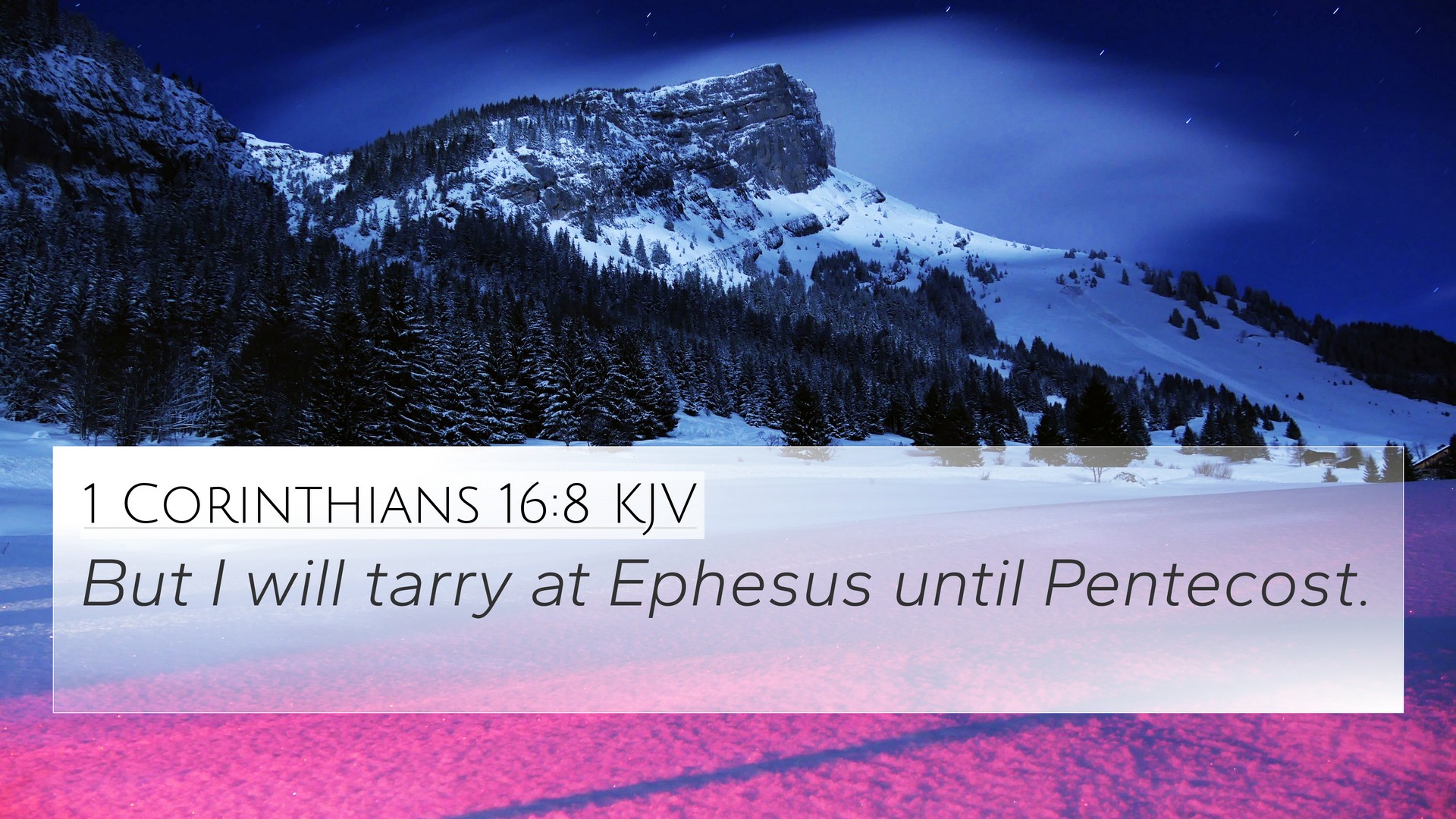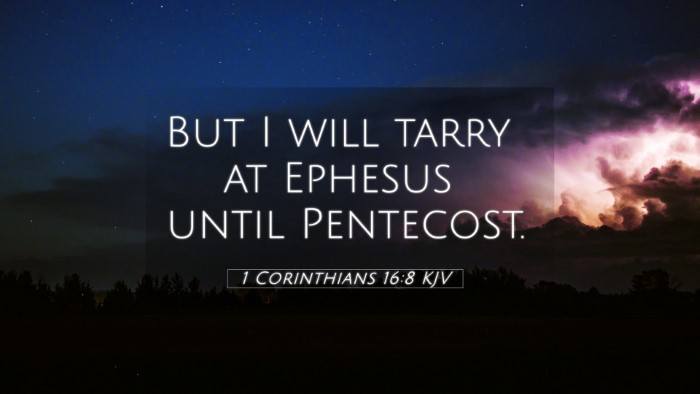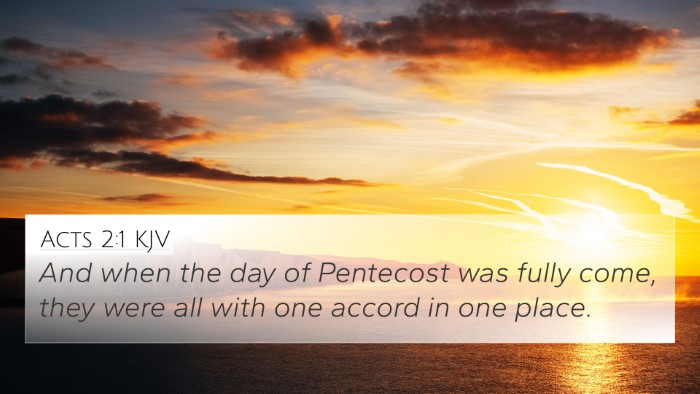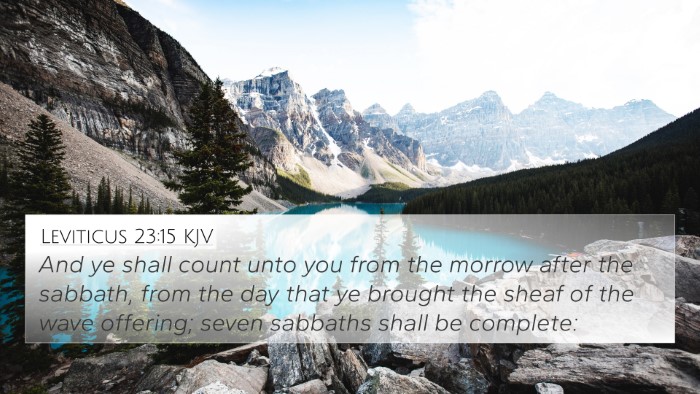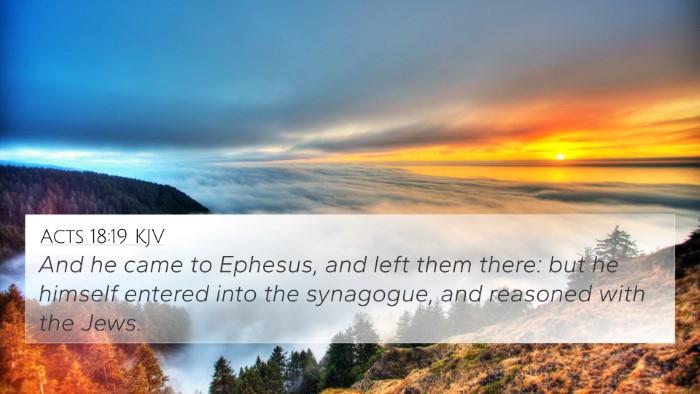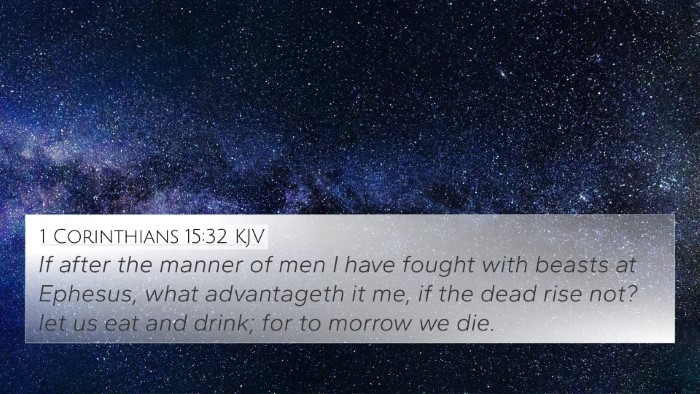Old Testament
Genesis Exodus Leviticus Numbers Deuteronomy Joshua Judges Ruth 1 Samuel 2 Samuel 1 Kings 2 Kings 1 Chronicles 2 Chronicles Ezra Nehemiah Esther Job Psalms Proverbs Ecclesiastes Song of Solomon Isaiah Jeremiah Lamentations Ezekiel Daniel Hosea Joel Amos Obadiah Jonah Micah Nahum Habakkuk Zephaniah Haggai Zechariah MalachiVerse
1 Corinthians 16:1 1 Corinthians 16:2 1 Corinthians 16:3 1 Corinthians 16:4 1 Corinthians 16:5 1 Corinthians 16:6 1 Corinthians 16:7 1 Corinthians 16:8 1 Corinthians 16:9 1 Corinthians 16:10 1 Corinthians 16:11 1 Corinthians 16:12 1 Corinthians 16:13 1 Corinthians 16:14 1 Corinthians 16:15 1 Corinthians 16:16 1 Corinthians 16:17 1 Corinthians 16:18 1 Corinthians 16:19 1 Corinthians 16:20 1 Corinthians 16:21 1 Corinthians 16:22 1 Corinthians 16:23 1 Corinthians 16:24